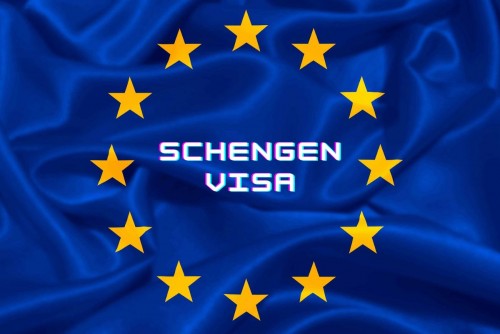
Obtaining a Schengen visa is often the gateway to exploring the rich cultural tapestry of Europe. However, navigating the visa application process can be complex, and the fear of rejection looms large for many applicants. Fortunately, with careful preparation and attention to detail, you can significantly reduce the risk of Schengen visa rejection. In this article, we'll explore actionable strategies to help you avoid common pitfalls and increase your chances of securing a Schengen visa successfully.
Understand Schengen Visa Requirements:
The first step in avoiding Schengen visa rejection is to familiarize yourself with the specific requirements set forth by the embassy or consulate where you'll be applying. Each Schengen country may have slightly different requirements, but common documents include a valid passport, visa application form, travel itinerary, proof of accommodation, financial means, travel insurance, and a letter explaining the purpose of your visit.
Plan Your Trip in Advance:
Thorough planning is essential to a successful visa application. Start by determining the purpose and duration of your trip, as this will influence the type of visa you need to apply for. Create a detailed itinerary outlining your travel plans, including transportation, accommodation, and activities. Having a well-thought-out plan demonstrates to visa officials that you are a genuine traveler with clear intentions.
Provide Accurate and Complete Documentation:
Incomplete or erroneous documentation is one of the main grounds for Schengen visa denials. Make sure the materials you submit are accurate, current, and complete in all respects. Verify every item one more time, including trip dates and passport numbers, to prevent any inconsistencies that can cause problems for you in the application process.
Demonstrate Sufficient Financial Means:
Proving that you have enough funds to cover your expenses during your stay in the Schengen Area is crucial for visa approval. Provide recent bank statements showing a stable income or savings, as well as any additional sources of financial support, such as sponsorship letters or proof of employment. A clear demonstration of financial stability reassures visa officials that you won't become a burden on the host country's social welfare system.
Show Strong Ties to Your Home Country:
Another key factor in Schengen visa approval is demonstrating strong ties to your home country, which indicates your intention to return after your visit. Provide evidence of your employment status, property ownership, family ties, or other commitments that anchor you to your home country. This could include employment contracts, property deeds, family photos, or letters from employers or educational institutions.
Be Honest and Transparent:
When it comes to applying for a visa, being truthful is always the best course of action. In your application for a visa, as well as in any interviews or communications with visa officials, provide accurate and true information. Any attempt to withhold facts or submit fictitious documentation may result in an instant rejection and may have long-term repercussions for subsequent visa applications.
Securing a Schengen visa doesn't have to be a daunting task. By understanding the requirements, planning your trip meticulously, and presenting a strong case for your visit, you can minimize the risk of rejection and increase your chances of obtaining a Schengen visa successfully. Remember to provide accurate and complete documentation, demonstrate sufficient financial means, show strong ties to your home country, and above all, be honest and transparent throughout the application process. With careful preparation and attention to detail, you can embark on your European adventure with confidence and peace of mind.